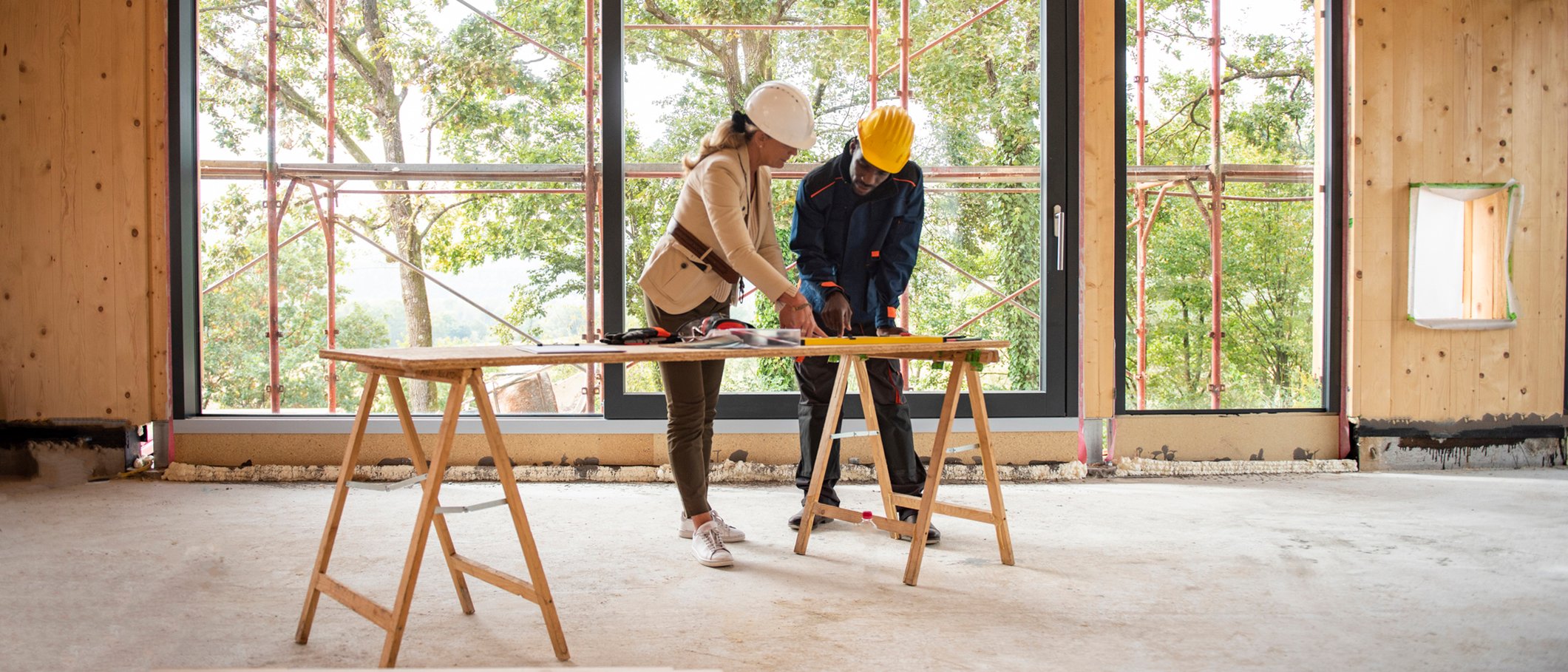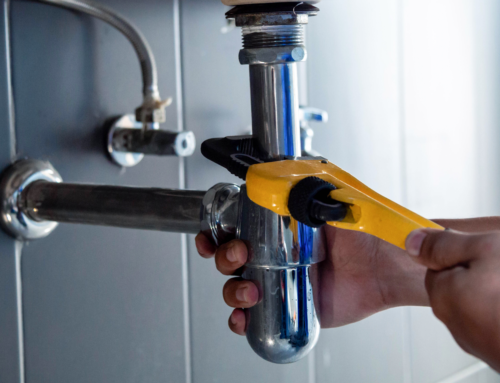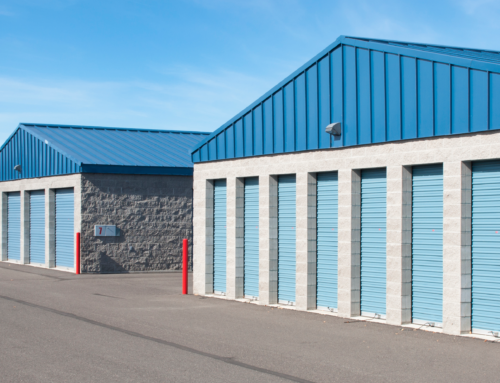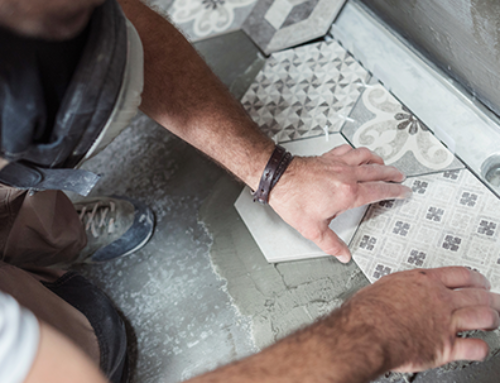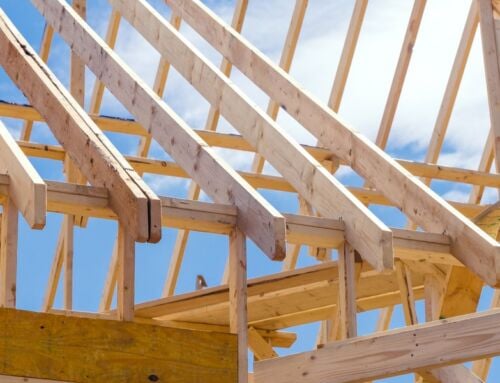Before you buy developed lots, consider these tips for home builders to help make sure you aren’t taking on unnecessary risk. After all, no matter how well constructed a house is, it’s only as good as the lot that it’s built on. Issues with the lot could result in costly repairs to the house and those costs may be your responsibility.
For example, say you purchase a developed lot that had improperly prepared soil. The land will have to be filled for levelling and the improper soil compaction can cause significant movement in the foundation, resulting in damage to the house. Even though you weren’t involved in the development of the lot, your contract with the developer may state that the developer is not responsible for this type of liability or damage. As a result, you cannot pursue the developer for the cost of repairing the house.
Issues like this showcase why it’s important that home builders do their homework before purchasing lots from developers. Following these tips may help you identify potential issues before they arise.
Best practices when purchasing a developed lot
- Research the developers you plan to buy from and only purchase building lots from those who have a good track record in the industry.
- Consider requesting the following technical reports from the developer:
– Geotechnical evaluation report
– Deep fill report
– Slope stability report
– Material testing reports - If geotechnical reports are not available, make sure that these reports are not required by law (for example, if you’re purchasing a lot between two already constructed buildings)
- Have your geotechnical engineer review the reports to identify any potential problems.
- If your geotechnical engineer identifies potential problems with the soil conditions, bring them to the attention of the developer. If the developer can’t fix the issue to your satisfaction, consider purchasing a different lot.
- Discuss the purchase contract and all documentation with your lawyer. Be sure to ask you lawyer about any ‘Hold Harmless’ contracts or sections. If it is included discuss the repercussions with your lawyer to be sure you are aware of all risks, for example if there are geotechnical concerns, the contract may say that you will not be entitled to recover future damages for such liability or damage from the developer.
Additional risks that home builders may face
There are a number of risks that are unique to the home building industry. Being able to identify those risks and following best practices can help you protect your business from unpleasant surprises in the future. Here are three common risks, and how you can protect yourself from them.
Professional liability
Many losses and subsequent insurance claims are often not the result of a home builder’s negligence on a project, but because when an incident occurs, the home builder can’t provide the required details of work performed or materials purchased. That’s why due diligence is so important.
Theft of your tools and equipment
Tens of millions of dollars worth of tools and equipment are stolen each year in Canada, and this statistic continues to soar. Theft can cause a delay in completion of a project due to the loss of specific or unique equipment which can increase project costs and trigger late penalties.
Home builders can help identify theft by recordkeeping. This means keeping a current inventory and detailed record of all tools and equipment used on project sites. Recordkeeping is a way to manage and track inventory, which is particularly helpful when working on multiple job sites using shared resources.
Slips, trips, and falls
As many home builders work at high elevations, on large structures, and in other dangerous environments, training should be provided for all employees. It is also super important to ensure that certain protections are in place when working on a home in order to help prevent falls.
Protect yourself and your business with insurance
When you find yourself in the worst-case scenario, you don’t want to be left covering all the costs yourself. To ensure that you can operate your business worry-free, Federated offers insurance specifically designed for home builders and contractors – visit the page today!
This blog is provided for information only and is not a substitute for professional advice. We make no representations or warranties regarding the accuracy or completeness of the information and will not be responsible for any loss arising out of reliance on the information.
